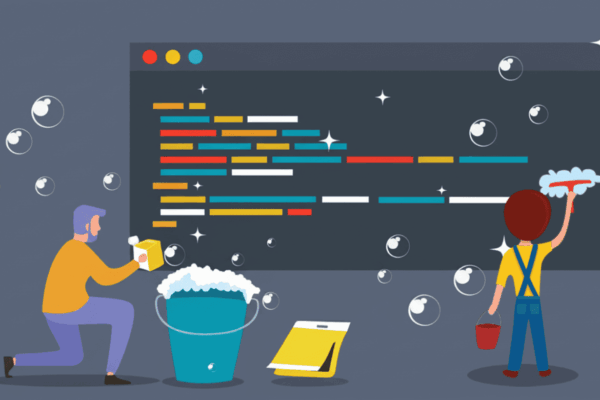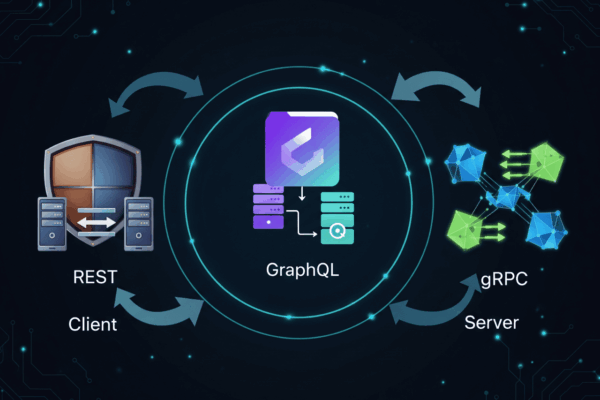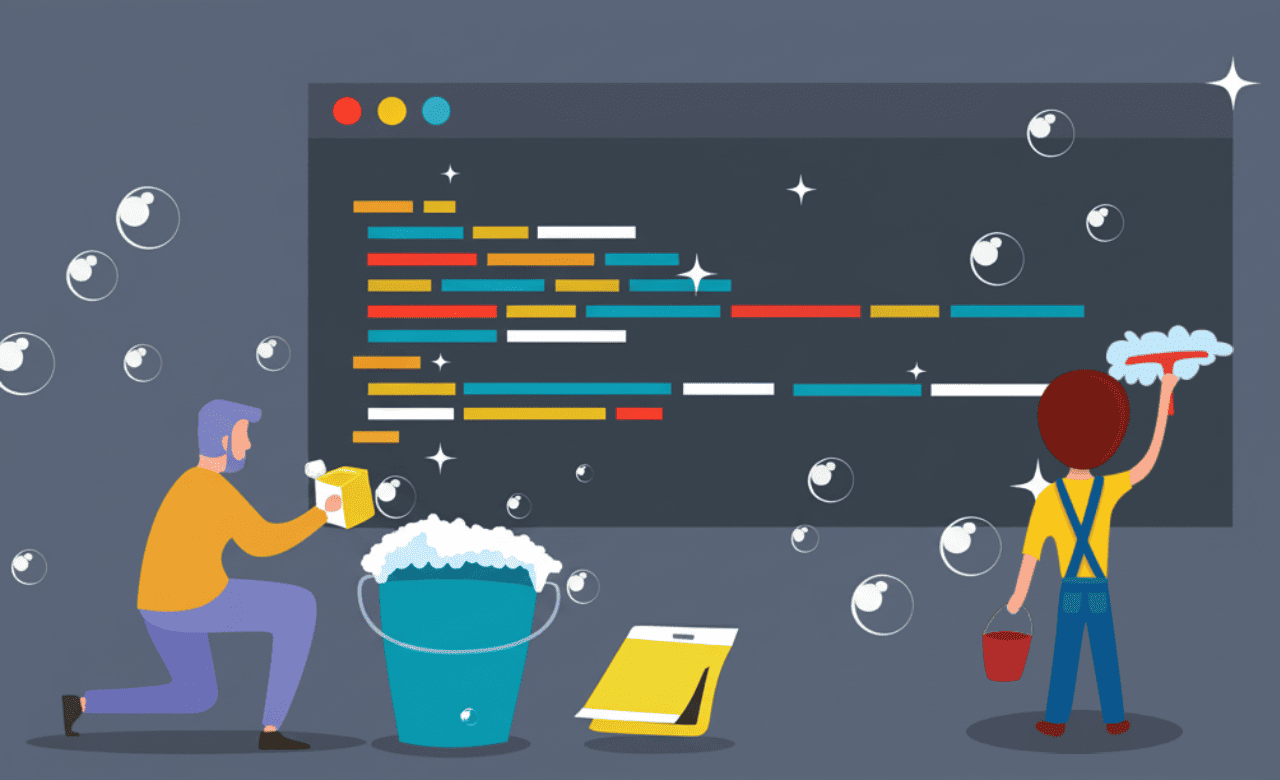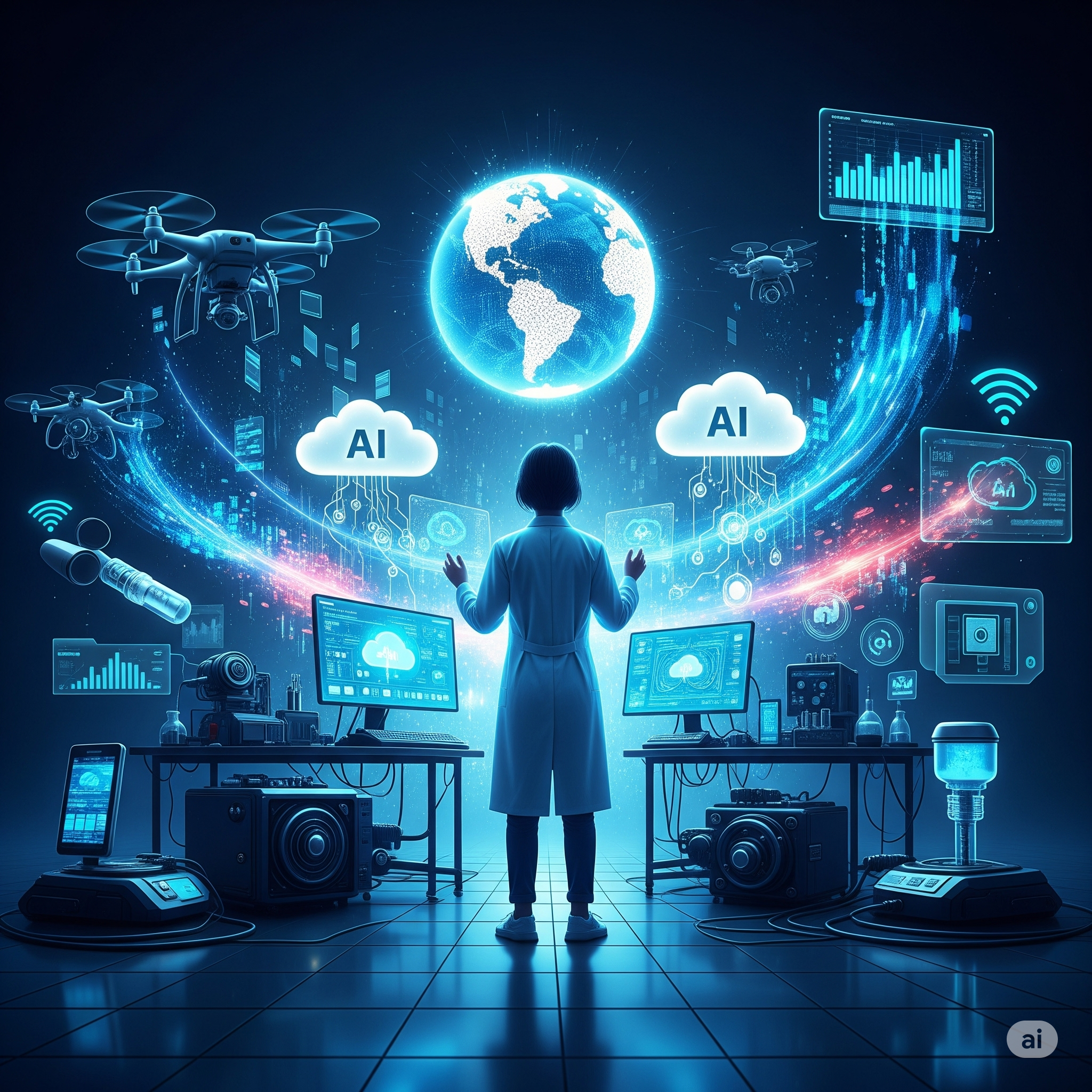The world of computing has been moving forward, from giant vacuum tubes to the smartphones we hold in our hands. Now, we are on the verge of a new and even more amazing era: Quantum Computing. Unlike classical computers that use bits as their basic operations (either 0 or 1), quantum computers leverage the principles of quantum mechanics to enable unprecedented processing and problem-solving capabilities.
The Foundation of Quantum Computing: Qubits and Quantum Phenomena
At the heart of quantum computing lies the qubit (quantum bit). Unlike classical bits that can only be 0 or 1, qubits can be in superposition, that is, both 0 and 1 simultaneously. It’s like a coin spinning in the air before it lands—it hasn’t “chosen” a particular side.
In addition to superposition, there are two other quantum phenomena that are crucial:
- Entanglement: Two or more qubits can be connected in such a way that the state of one qubit instantly affects the state of the other qubits, no matter how far apart they are. This allows for incredible speeds in computing.
- Quantum Interference: Similar to light waves, qubits can “interfere” with each other, increasing the probability of a correct outcome and decreasing the probability of a wrong outcome.
The combination of these three phenomena allows quantum computers to process exponentially more information and solve problems that are beyond the capabilities of even the fastest classical computers.
Potential Applications of Quantum Computing: Changing the Future
Although still in its early stages of development, the potential applications of quantum computing are enormous and have the potential to revolutionize a variety of fields:
- Pharmaceuticals and Materials Science: Designing new drug molecules with high precision, discovering new superconducting materials, or developing more efficient catalysts.
- Cryptography and Data Security: Developing encryption algorithms that classical computers cannot break, or conversely, breaking existing encryption algorithms. This could usher in a new era in cybersecurity.
- Optimization and Logistics: Solving complex optimization problems, such as the most efficient shipping routes, scheduling flights, or managing global supply chains.
- Artificial Intelligence (AI) and Machine Learning: Accelerate the training of complex AI models, enabling the development of more sophisticated AI and deeper learning capabilities.
- Finance: Predict market fluctuations more accurately, manage investment risk, or optimize financial portfolios.
Challenges and Future Prospects
Despite its promise, the development of quantum computing still faces major challenges. Creating stable and coherent qubits at temperatures close to absolute zero, as well as building quantum computers that are free from noise and errors, are extremely complex tasks. The infrastructure and costs involved are also still very high.
However, technology giants such as IBM, Google, and Microsoft, as well as various startups, continue to invest heavily in research and development. Significant progress has been made in recent years, and we may see practical applications of quantum computing in the coming decade.
Quantum computing is not a replacement for our classical computers, but rather a complement. It will be a very powerful tool for solving certain types of problems that are currently impossible to solve. Understanding the basics now will prepare us for this revolutionary era of computing.








